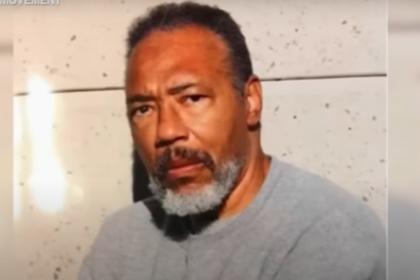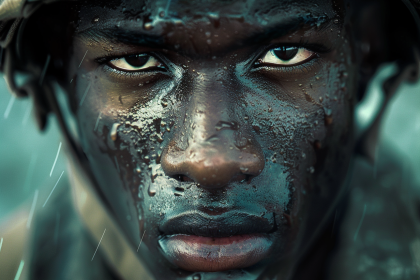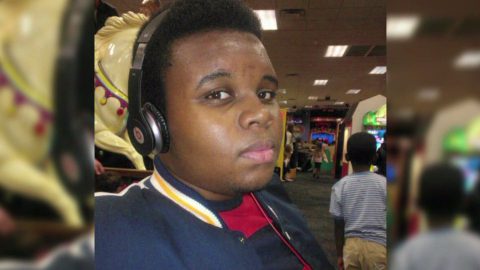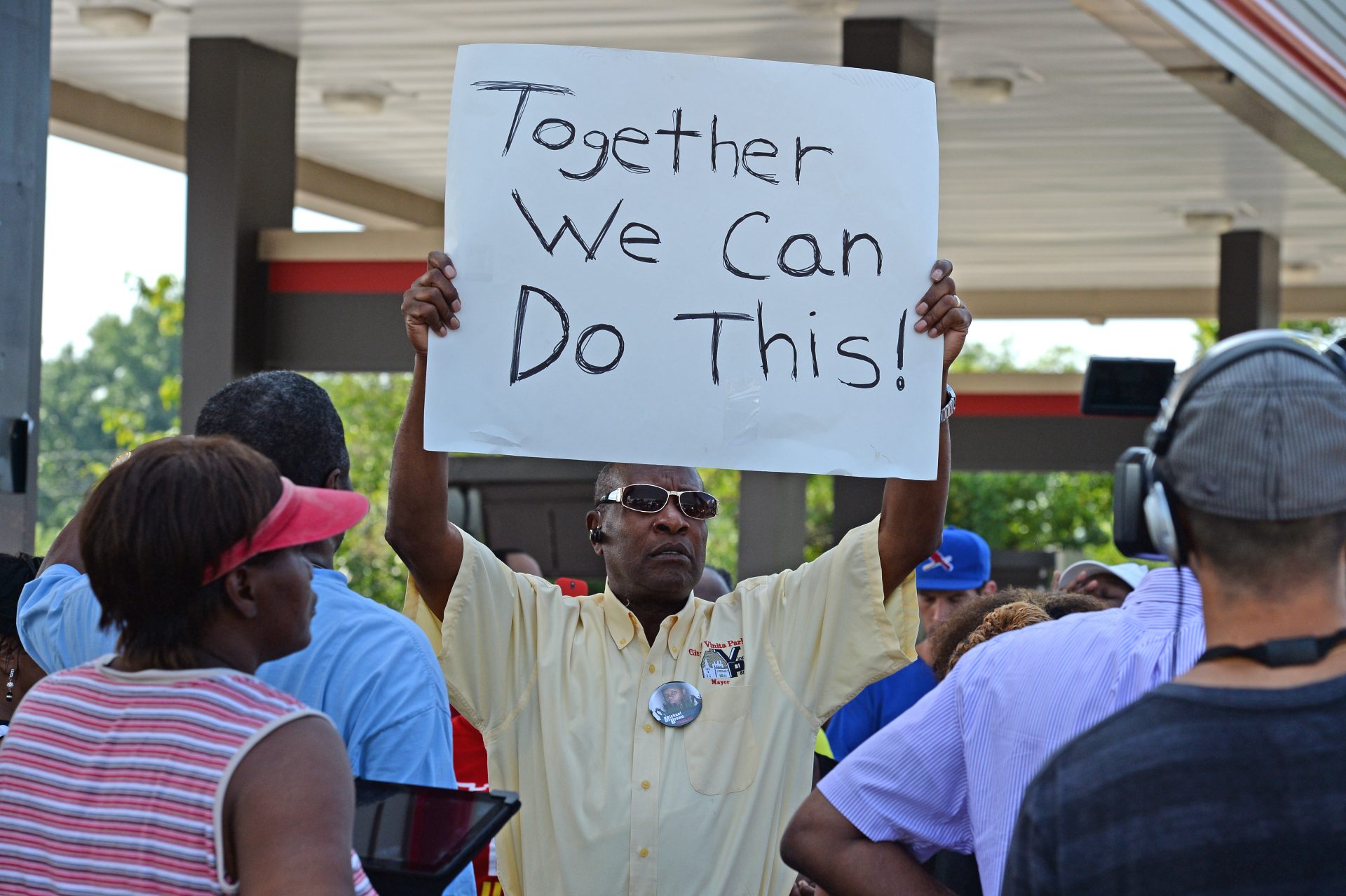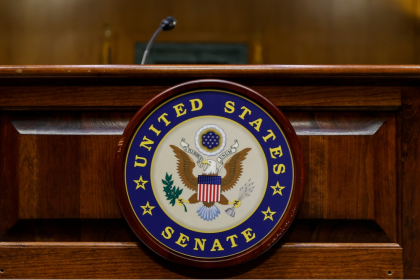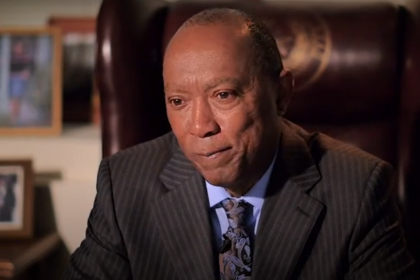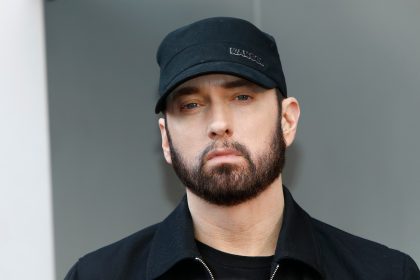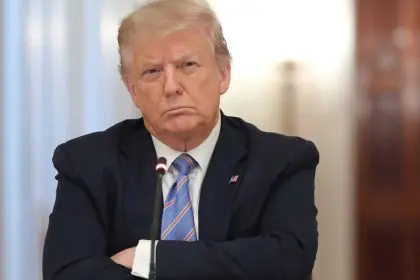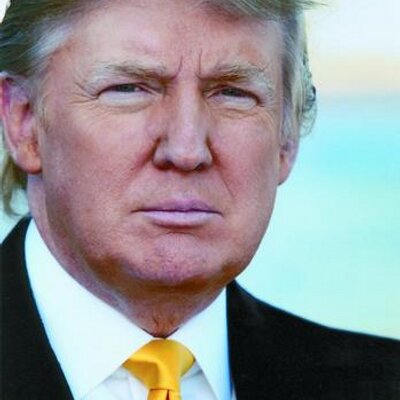
Attorney General Jeff Sessions is scheduled to deliver a speech on Monday that could possibly outline President Trump’s directive to allow local police departments to use surplus military equipment in executing law enforcement duties.
Sessions, who runs the U.S. Department of Justice and is over the FBI, will speak before the national conference of the Fraternal Order of Police in Nashville, Tennessee, the Associated Press reports.
Trump vowed to sign an executive order reversing former President Obama’s directive that restricted police agencies’ access to grenade launchers, bulletproof vests, riot shields, firearms, ammunition and other surplus military equipment. He will do so in spite of concerns that such an order would help escalate tensions unnecessarily with protesters as happened in such cities as Ferguson, Missouri.
Trump’s order would fully restore the program under which “assets that would otherwise be scrapped can be repurposed to help state, local, and tribal law enforcement better protect public safety and reduce crime,” according to the documents obtained by the AP.
The changes would be another way in which Trump and Sessions are enacting a law-and-order agenda that views federal support of local police as a way to drive down violent crime.
President Obama issued an executive order in 2015 that severely limited the surplus program after the way it was negatively perceived during the police efforts to quell demonstrations in Ferguson, Missouri, after the killing of 18-year-old Michael Brown. Police responded in riot gear and deployed tear gas, dogs and armored vehicles. At times they also pointed assault rifles at protesters.
Obama prohibited the federal government from providing grenade launchers, bayonets, tracked armored vehicles, weaponized aircraft and vehicles, and firearms and ammunition of .50-caliber or greater to police.
National police organizations have been urging Trump live up to his campaign promise to once again make the equipment available to local and state police departments. Some point to how an armored vehicle played a key role in the police response to the December 2015 mass shooting in San Bernardino, California. Opposing groups have expressed concern about the militarization of police, arguing that the equipment encourages and escalates confrontations with officers.
The NAACP Legal Defense Fund said in a statement that it is “exceptionally dangerous and irresponsible” for the administration to lift the ban.
“Just a few summers ago, our nation watched as Ferguson raised the specter of increased police militarization. The law enforcement response there and in too many places across the country demonstrated how perilous, especially for Black and Brown communities, a militarized police force can be,” the LDF said, according to the AP.
“The President’s decision to make this change in the wake of the tragedy in Charlottesville and against a backdrop of frayed relations between police and communities of color further reflects this administration’s now open effort to escalate racial tensions in our country,” the organization said.
Chuck Wexler, executive director of the Police Executive Research Forum, disagrees with the NAACP’s position.
“It is hard to imagine any situation where a grenade launcher or bayonet would be something that a major police department would need, but defensive shields and armored vehicles kept on reserve will be welcome,” he said, according to the AP.

